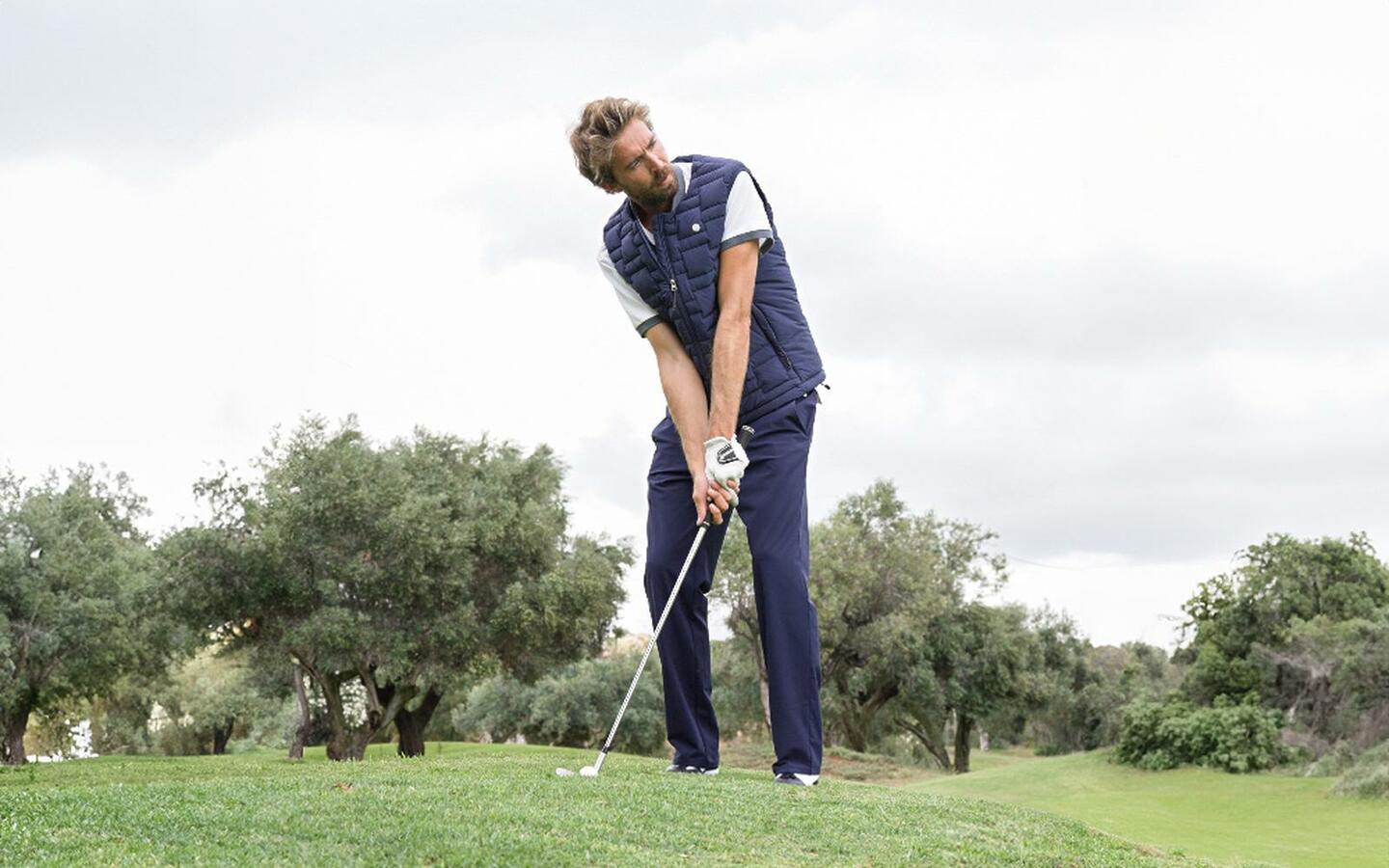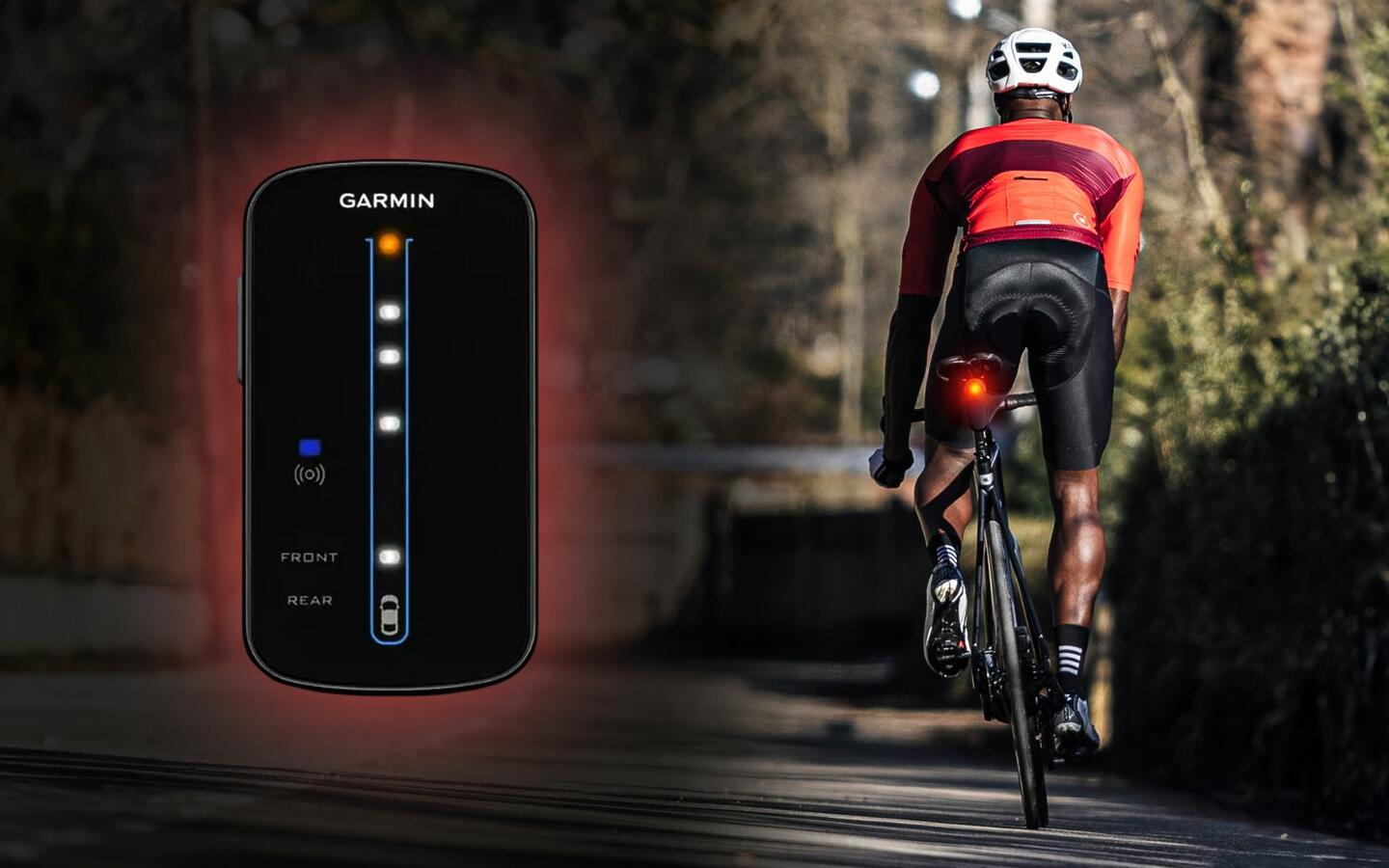If you want to lose weight by cycling and dieting, chances are you’ve heard of intermittent fasting. If you’ve been cycling for a while you might be familiar with the idea of training on an empty stomach and maybe you’re considering it after reading or hearing about all the benefits that intermittent fasting supposedly brings. WAIT! Before you get started, here are three things we recommend:
- The first step you should take is not to stop eating for X hours a day but to stop eating poorly. Change an unhealthy diet for a healthy one and exercise.
- If you think you need to go on a diet, talk to a professional dietitian or nutritionist, don’t just ask uncle Google or listen to a random so-called “expert” on Youtube.
- If you still choose to find out for yourself, look for information that addresses not only the benefits and miracles of intermittent fasting, but also its drawbacks and disadvantages.
Let’s start with the basics:
What is fasting? It means not eating and/or drinking for a certain period of time. Intermittent fasting consists of alternating periods of time in which we do not eat/drink anything (in some cases we can drink water, coffee or tea) with periods of time in which we do.
How many hours does a fast last? A very common formula is 16:8, 16 hours of fasting and 8 hours of normal eating, but there are also fasts that last 12 hours or even a whole day.
Why do intermittent fasting? There are essentially two reasons its advocates provide: weight loss and health benefits. In sports such as cycling it is also claimed to bring physical fitness benefits.
People who advocate intermittent fasting do not tend to use the term “dieting” but instead talk about weight loss and health benefits. That is, what every person in the Western world (and increasingly in the non-Western world) dreams of: not dieting and losing weight. Do you really believe that without going on a diet and eating the way we eat today in the vast majority of the Western world, it would be enough to fast 16 hours a day to lose weight and be healthy? What will happen in this 8-hour eating period if we don’t change what and how much we eat? Binge eating, digestive problems, eating disorders…?
Is there evidence of these health benefits? The National Institute of Aging, which belongs to the U.S. Department of Health and Human Services (HHS), makes it clear here: “There’s insufficient evidence to recommend any type of calorie-restriction or fasting diet”. Instead, they state that “There’s plenty of evidence for other actions you can take to stay healthy as you age: eat a balanced diet with nutritious food in moderate amounts. Engage in regular physical exercise. Drink alcohol in moderation or not at all. Don’t smoke. Maintain an active social lifestyle.Get a good night’s sleep”.
What really works is switching to a healthy lifestyle with a proper diet combined with physical exercise such as, for instance, cycling or simply riding a bicycle. If someone adopts these healthy habits and does intermittent fasting, there is a good chance that they will lose weight due to a calorie deficit resulting from skipping a meal, usually breakfast. And breakfast is when we tend to eat the most sugar, “bad” fats, refined grains, salt, etc., in processed and ultra-processed foods.
The quoted text from the National Institute on Aging above stated that there was insufficient evidence to recommend intermittent fasting, and that’s true. This does not mean that there is no evidence of its positive effects, but it is not enough to make a general recommendation for intermittent fasting. Even more so considering that there are studies questioning, for example, its ability to help reverse type 2 diabetes and other research such as this one that says: “Time-restricted eating, in the absence of other interventions, is not more effective in weight loss than eating throughout the day“.
Therefore, the right thing to do is to act with caution, avoid making miracle claims or recommending intermittent fasting as a cure-all because first there are very few studies and limited research (especially long-term studies involving a significant number of human participants); secondly, the reviews of these studies do not show any significant benefits; and thirdly, even if there are cases that present positive data, we do not know the long-term effects or whether intermittent fasting might lead to eating disorders.
Does intermittent fasting improve cycling performance?
World’s top women’s and men’s professional cycling teams are licensed within WorldTeam and ProTeam categories. One would imagine that if intermittent fasting improves cyclists’ performance, these teams would be applying it in their training camps or the cyclists themselves would implement it in the training, but that’s not the case. Before each training session in a training camp athletes eat breakfast (with different calorie content but always healthy) and there is no elite cyclist who practices intermittent fasting continuously to improve their performance.
It is true that there are professional cyclists who train before breakfast but intermittent fasting is definitely not the same as riding 2-3 hours on an empty stomach as part of a controlled training program and a diet with specific objectives. Naturally, no cyclist would even consider fasting when racing. They would be digging their own grave. There are studies that show certain advantages of intermittent fasting but many say it makes no difference, others that it’s irrelevant, some say there are no significant effects and several conclude that more research needs to be done. The improvement in performance is uncertain to say the least.
If you want to go out cycling on an empty stomach for some personal reasons, work or lack of time at other times of the day, you can do it, but be careful, let your body adapt to the change and keep in mind the following:
- It should be aerobic exercise (60-70% of your capacity).
- 2-3 hours at most. You can start with a 1-hour workout on a bike trainer at home to see how it feels.
- Always carry some snacks (homemade energy gel or bar) just in case.
Bottom line, more research is necessary to be able to state with certainty that intermittent fasting improves cyclists’ performance and health. If it were so, professional cyclists would do it regularly and organizations such as the WHO (World Health Organisation) or CDC (Centers for Disease Control and Prevention) would include it in their official healthy eating recommendations (here and here).




